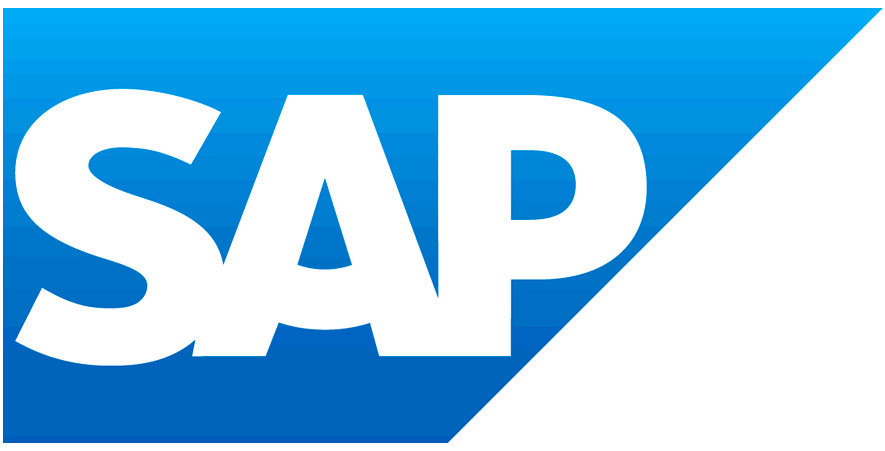Unilever and SAP: Raising the Corporate Bar in Africa
Original article by By Travis Noland on TriplePundit
The movie, The Gods Must be Crazy, depicts the story of a tribe of Bushmen from Southern Africa’s Kalahari Desert whose culture of sharing is shattered when they stumble upon an empty glass Coca-Cola bottle that magically appears in their village. The bottle becomes a coveted object, which in the end, is “thrown off the end of the earth” to restore balance to the tribe. Director Jamie Uys describes his production as “just a slapstick comedy, with no message,” yet its sustained international popularity is indicative of its perceived deeper meaning as a powerful representation of the destructive influence of Western presence across Africa.
Since the Berlin Congress in 1884 when European powers arbitrarily carved their claims across the continent, the history of Westerners in Africa has been characterized by words like “colonization,” “slavery,” “rape” and “pillage.” In recent years, well-meaning NGOs, nonprofits, missionaries and social entrepreneurs have (in some cases) chipped away at this scathing image, but by and large, multinational corporations remain Africa’s most malevolent enemy. The corporate reputation seems forever stained by gruesome stories of blood diamonds in Sierra Leon and the Eastern Congo, child-harvested cocoa plantations of the Ivory Coast and exploited communities of the oil-rich Niger Delta.
There is little doubt that corporations have earned this reputation. Yet ascribing this perception generally to today’s corporations ignores the starkly contrasting partnerships that are emerging between Africa and several of the West’s largest corporations. In fact, such blanket assumptions ignore some of the most powerful examples of both economic and social progress taking place in Africa today. To paint today’s corporations as the modern-day colonizers of Africa would actually slander the mission statements of companies like Unilever and SAP.
I first became curious about each of these companies in 2010 while working with a management consulting startup in East Africa. I collected data for a project with Rwanda’s capital city of Kigali to improve the city’s tax collection system, and our client would only consider working with one software provider for the project: SAP. For another engagement, I found myself frequenting small stores in the slums and across the countryside. I was struck by the overflowing inventories of small, cheaply priced packages of popular toothpaste, soap and packaged food products produced by Unilever. The pervasive loyalty locals felt for each brand made each company’s success in Africa obvious.
After digging deeper into these companies business practices in Africa, I’ve noticed a few common themes that distinguish both Unilever and SAP from most others who have attempted to enter the continent. To be clear, I’m not talking about philanthropy. Many companies donate in Africa. Instead, I wish to shed light on two large corporations that, while operating in vastly different industries, are applying similar, holistic approaches to doing business in Africa (and reaping the benefits in return). Here are a few unique commonalities that set them apart as corporate partners:
Continue reading the original article about SAP in Africa on Triple Pundit >>
Source of Content TriplePundit.

